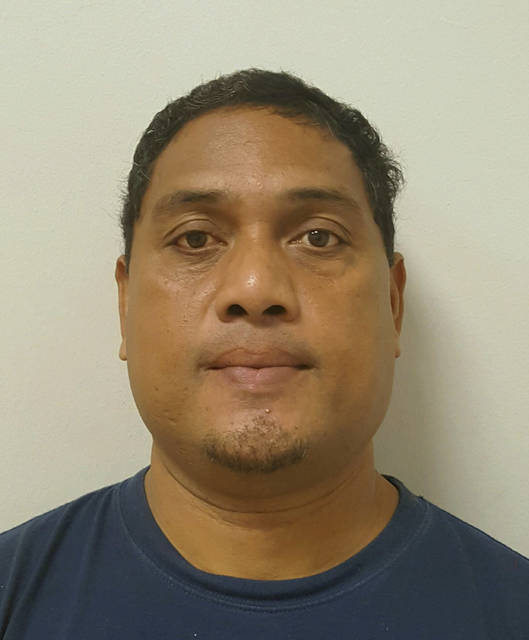HONOLULU — A former inmate who says Hawaii officials didn’t protect her against a guard convicted of sexually assaulting her is settling a lawsuit for $10,000.
The Associated Press doesn’t usually identify those who say they are victims of sexual assault. The woman was in a work furlough program in 2014 that allowed her to leave the Maui jail during the day. Former corrections officer James Siugpiyemal threatened to remove her from the program if she didn’t comply with his demands for sex, the lawsuit said.
She secretly recorded one of the encounters in her car, which was played at his 2017 trial. A jury found him guilty of sex assault. He’s scheduled to be released from prison in 2026. A parole consideration hearing is scheduled for 2021.
A trial for the lawsuit was scheduled to begin Monday, but claims against the state were thrown out, the woman’s attorney, Myles Breiner, said. “Consequently, we very reluctantly accepted a nominal amount of $10,000,” he said.
The state attorney general’s office argued that the state is immune from a federal lawsuit. The lawsuit fails to cite any violations of the U.S. Constitution, the state attorney general’s office argued.
Breiner argued that the state waived that immunity because it receives money from the federal government for the Prison Rape Elimination Act.
A judge granted the state’s motion.
The 11th amendment of the Constitution grants immunity to states against lawsuits in federal court, except in certain circumstances, said Kenneth Lawson, who teaches criminal law at the University of Hawaii’s law school and has practiced litigation involving prisoners’ civil rights.
“Had she argued in her complaint that her Fourth Amendment right was violated when this officer took me, seized me and raped me, then she could have sued the state in federal court in violation of the U.S. Constitution for an unlawful seizure,” Lawson said. “That’s what’s missing from the complaint.”
The lawsuit was filed in 2016, right before the statute of limitations expired because Siugpiyemal was tipped off to an indictment against him and fled Hawaii, Breiner said. Authorities found him in Yap in the Federated States of Micronesia. He was extradited to Maui.
The state could have raised an immunity defense earlier, Breiner said.
“They never asserted an 11th amendment defense until right before trial,” Breiner said. “We spent weeks preparing to go to trial.”
Because the case has settled, the attorney general’s office won’t comment, spokesman Krishna Jayaram said.
It’s unfortunate the woman’s allegations against the state won’t go to trial, said Kat Brady, of Community Alliance on Prisons, who advocates for prisoners’ rights.
“It’s insulting,” she said of the settlement amount. “This really is such a violation of human rights, and it shows how the state views human rights.”
Breiner said all of the $10,000 will go to the woman.
“If she didn’t have the video, no one would have believed her,” he said. “Because she had the video, there was a suggestion she did this just to get money. She did this because she knew she lacked credibility because she was a convicted felon, a former drug addict and because she was in prison.”


